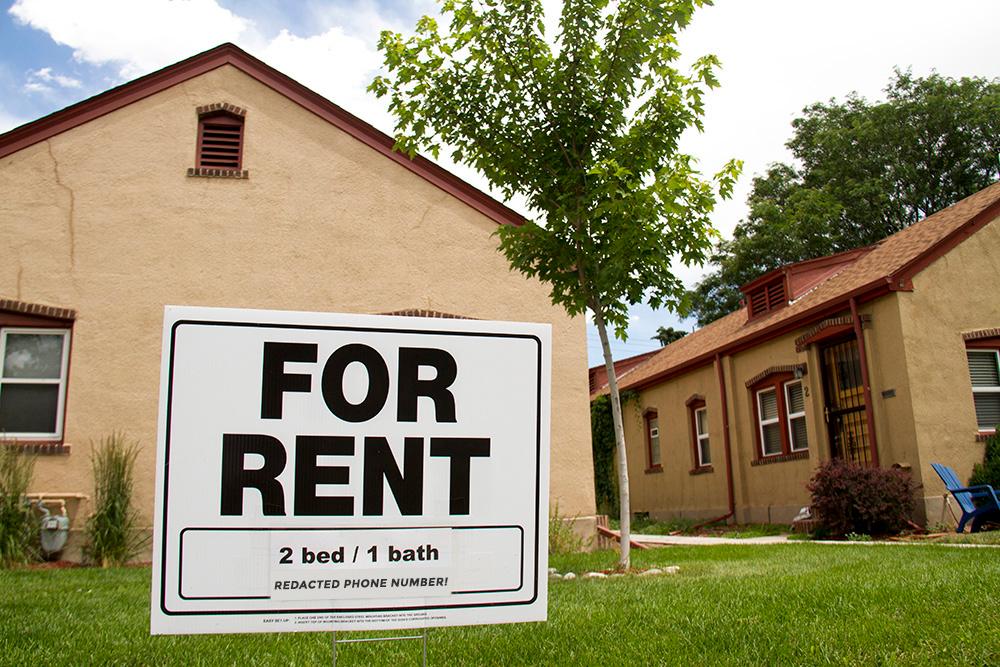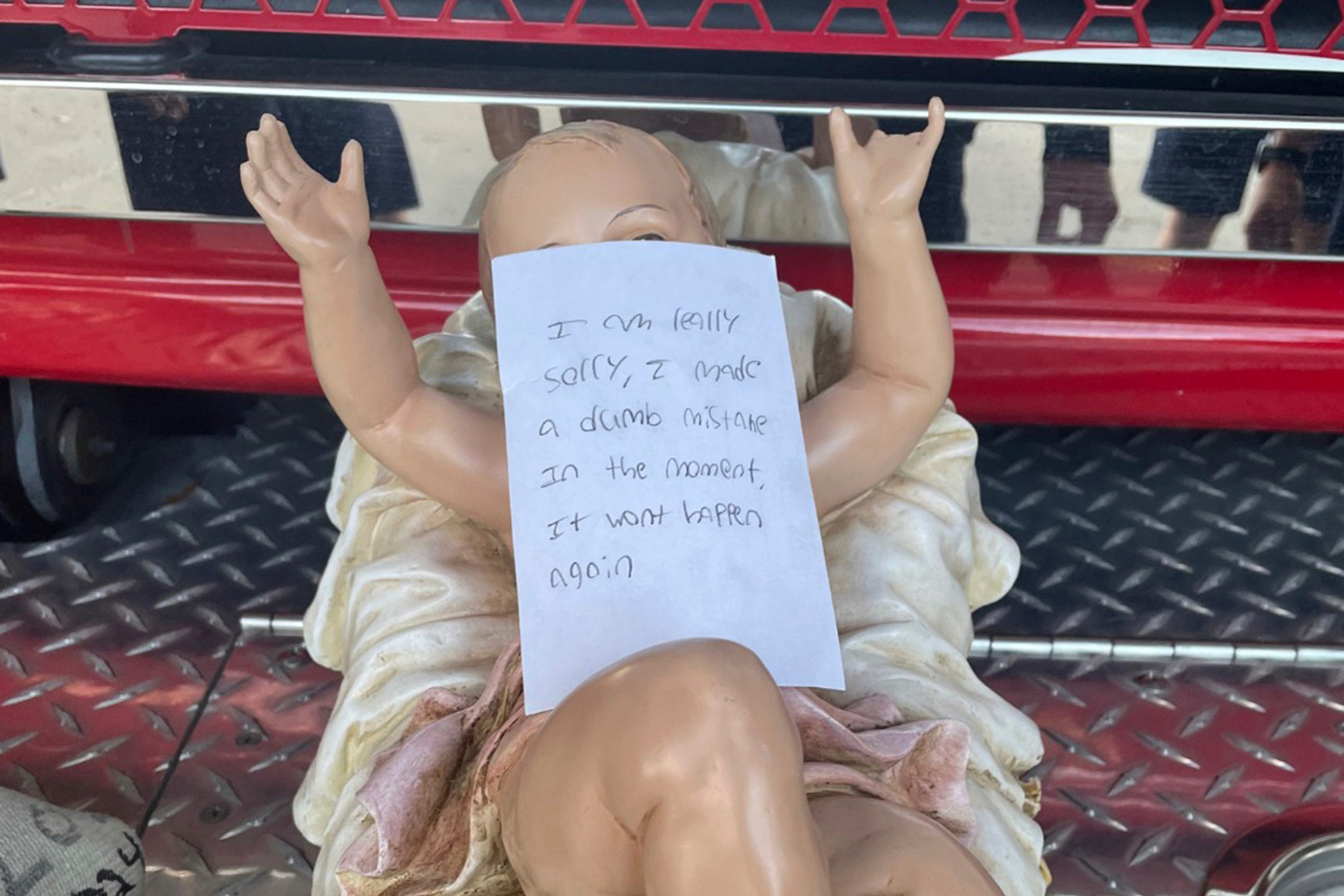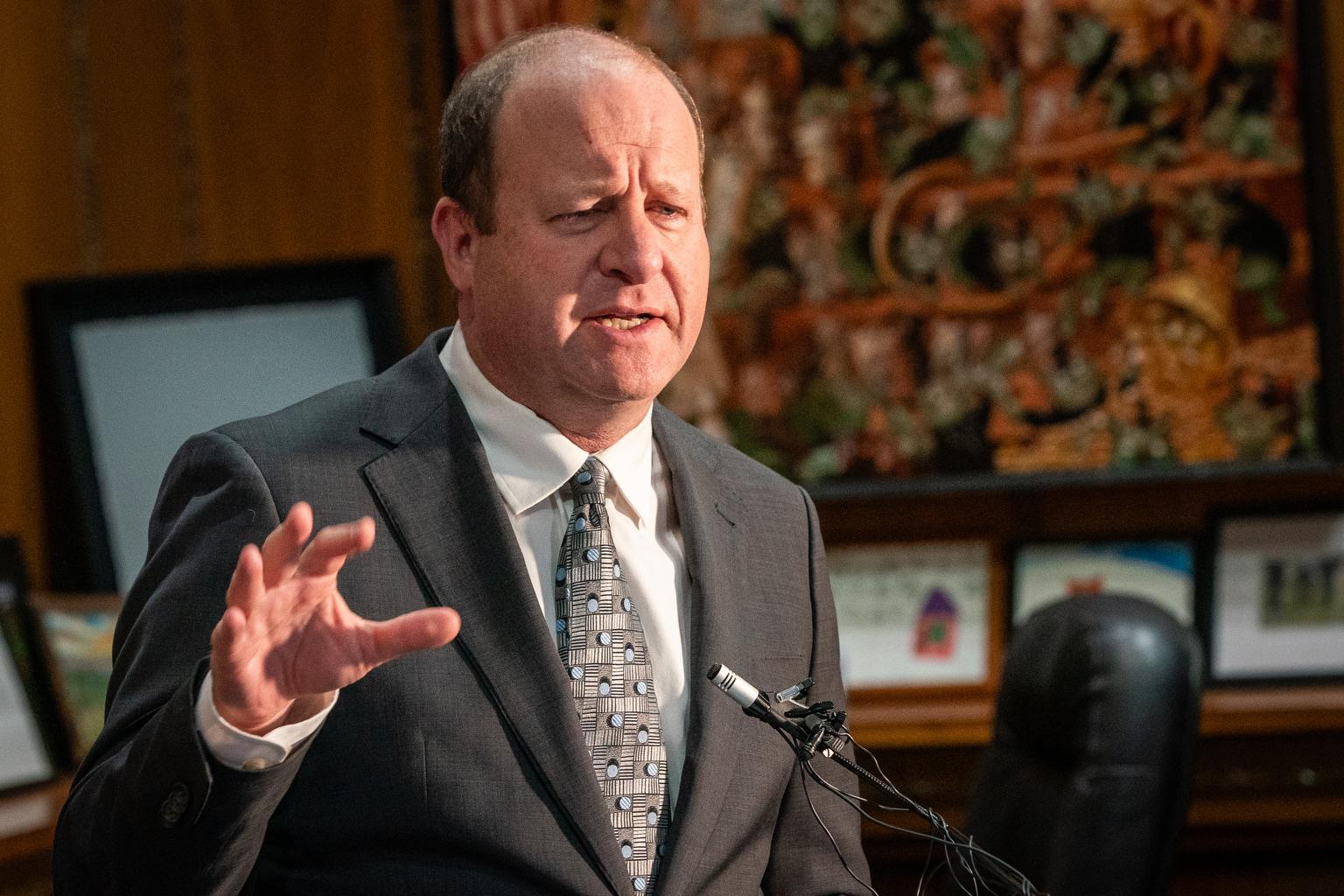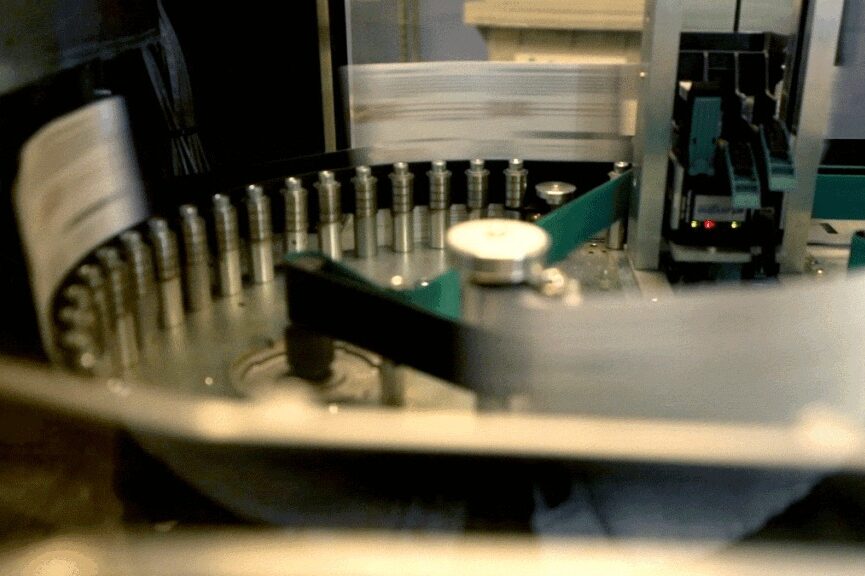
The housing crunch means many tenants pay as much as half of their income on housing. And, unlike homeowners, renters don't accrue equity.
Some companies and landlords have begun offering incentives to tenants like cash back for signing a lease or paying rent on time. It's been compared to the point system credit card holders can use for cash, airline tickets, rental cars and other items based on how much they spend.
One such company, Stake, has a partnership with owners of apartment complexes in Colorado and throughout the country. Stake's CEO, Rowland Hobbs, started the company because he was struck by the amount of money tenants were paying without realizing the benefits of owning a home.
Danielle Rickards, a single mother who rents an apartment in Grand Junction, gets $21 a month for the program. While the money might not seem like a lot, Rickards said there have been several instances where getting cash back has helped her in a pinch.
Here are some takeaways from the Colorado Matters interview with Hobbs and Rickards:
CEO Rowland Hobbs on starting the company:
"I had seen the numbers on how many more Americans are renting and renting for longer and I thought there's this real challenge of how are you meant to be able to save and generate any level of savings as a renter? As rents go up, there isn't the same sort of tax deduction that you get as a homeowner and for renters, they're renting for longer so that means you're not getting as much of the home benefits as a homeowner. It really began as this mission of can we help renters accelerate wealth? Can we help them build savings?"
Hobbs on how it works:
"You pay the rent and if you pay it on time, you get cash back and every one of our Stake network properties has a different level of cash back. Some have more, some have less, but it's at least one percent and it goes up from there and some are as high as ten percent. And you get that cash back in the Stake app, which is like a wallet."
Hobbs on how the company makes money:
"We don't charge the renter. It's always free to our renters, we call them Stakers, but our members always on that side are getting everything free. The landlord, the property owners and operators are paying us to get more leases signed. So that's the biggest thing we do, which is offering an incentive to sign a new lease today, get cash back renewals and then reduce delinquency. There's been this huge shift because what happened during COVID is that a lot of folks couldn't afford to pay their rent, which meant that delinquency went up and that costs owners and operators a lot of money. Also, when a property sits longer and people aren't signing a lease, that costs them money as well."
Grand Junction tenant Danielle Rickards, a single mother, on one way she's used the money she saved up:
"I was driving back from Denver with my daughter from a doctor's appointment, and it was nighttime. I filled up before I left Denver but I didn't fill it up all the way. It was in the middle of the night and there was no one I could call and I had no money on me whatsoever. It wasn't on the top of my mind, but I was sitting in my car going through all my apps, trying to see if I had any money anywhere. And then I clicked on the Stake app and I was like, I couldn't believe it because it wasn't something that I was used to yet. The money is what saved us from being stranded."
Rowland Hobbs on the demographic of the renters Stake serves:
"We have some who are paying 10,000, $12,000 a month in rent in the Bay Area and we have folks who are paying $200 for rent in affordable properties. But if you get to the middle of the everyday American renter, our average rent across our 120,000 homes is about $1800, which is right smack in the middle of average rent. And the thing is, everybody can use more cash, right? There's nobody who'll say no to cash. So, even if you're somebody who's paying quite a bit in rent or somebody who is in an affordable property, everybody can use that money coming back to them to be able to help build up their savings."









